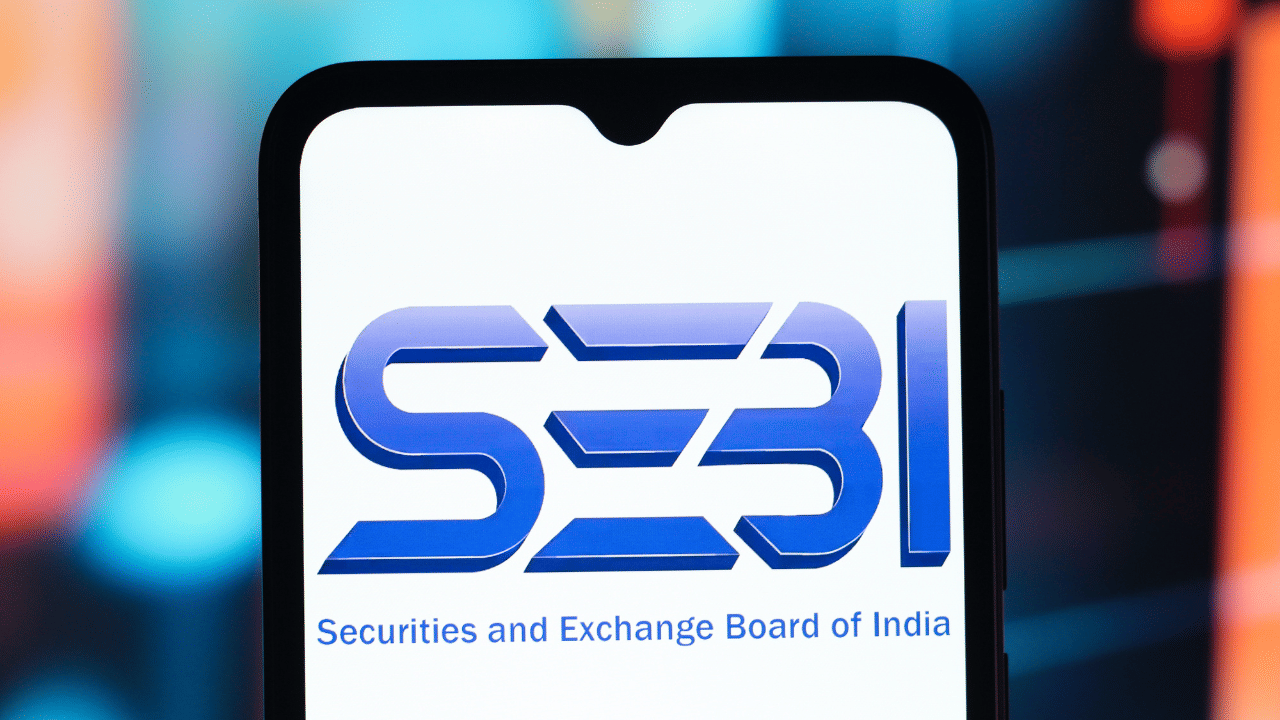New Delhi: SEBI has proposed to change the facility of Basic Service Demat Account (BSDA). Its objective is to give investors with small portfolios the opportunity to trade at a low cost. SEBI wants the investment process to be simple and small investors do not back down due to demat charges. Investors will have two options: Normal and BSDA when the new provisions come into force. It is suggested to remove many securities from the value calculator so that the portfolio looks real. Public opinion on the draft has been sought till December 15.
SEBI’s New Demat Account Categories
According to the proposal of SEBI, investors will get a demat account in two categories. The first is a general demat account which is available to all and the second is BSDA, which has been specially proposed for those who invest less. These changes will give investors an additional option and the investment process will be easier. With this, SEBI’s goal is to provide investment facilities to small investors with low fees so that they can stay connected to the market without financial pressure.
Who qualifies for Low-Cost Demat Accounts?
BSDA will be able to get an investor who has only one demat account in his name and the value of his portfolio is less than Rs 2 lakh. If the value reaches Rs 50,000, AMC will be zero whereas AMC will be applicable between Rs 50 and Rs 2 lakh lac rupees hundred per annum. The biggest advantage of this model is that small investors will be able to continue investing in the market at a very low cost and the fee burden will not affect their portfolio.
SEBI has suggested removing ZCZP bonds from portfolio calculations because they are neither tradable nor their monetary value is fixed. Similarly, delisted and suspended securities will also be excluded from the count so that the real value of the portfolio is recorded. Many times such shares make the portfolio appear larger than the artificial form, due to which small investors are deprived of the benefits of BSDA. The new rule will help prevent this problem.
According to SEBI, the value of illiquid securities will be counted on the basis of the final closing price, which will determine BSDA eligibility in a more accurate manner. These rules will not include suspended and delisted shares, so the value of the portfolio will be revealed without any fake increase. This will enhance the transparency of the calculator and give investors a clear understanding of the status of their account.
SEBI requires depository participants to review BSDA eligibility every quarter and automatically convert the account to BSDA if found eligible. If the investor wishes, he can give his consent from any verified channel, which will make the process easier. This is not mandatory in a normal demat account, whereas regular checks in BSDA will be effective in getting more benefits to small investors.
(Disclaimer: This article is only meant to provide information. News9 does not recommend buying or selling shares or subscriptions of any IPO, Mutual Funds, gold, silver and crypto assets.)
